by Daniel J. Mitchell
The coronavirus has been horrible news, most obviously because of death and suffering. But the disease has also wreaked havoc with the economy and given politicians an excuse to push counterproductive policies.
But if you want to find a silver lining to that dark cloud, the virus may be putting pressure on America’s government school monopoly. For instance, John Stossel explains that it may lead to more homeschooling.
Given the large amount of evidence showing superior outcomes for home-schooled students, this is definitely a much-needed bit of good news.
Matthew Hennessey, in a column for the Wall Street Journal, also opined about how the coronavirus may produce a permanent expansion of homeschooling:
Most students will return to traditional classrooms when the crisis passes. But some families—perhaps many—will…decide that homeschooling is not only a plausible option, but a superior one. …An economy of high-quality online educational materials has sprouted in the past decade. All you need is a laptop, headphones and a quiet corner of the house, and your kid can study everything from calculus to ancient Greek. …Education has managed to stave off innovation for a variety of reasons. Inertia is one—most people have a hard time reimagining something as basic as school. …Teachers unions are politically strong and uninterested in anything that threatens their power. But now the pandemic…can shake up the established order… If more Americans come to see the viability and value of home education, it could be a silver lining in a very dark cloud.
Private schools also provide a superior alternative to the government’s monopoly system.
That was true before the coronavirus, and it’s even more true today. This report from the New York Times has some details:
Public schools plan to open not at all or just a few days a week, while many neighboring private schools are opening full time. …the ways in which private schools are reopening show it can be done with creative ideas…reopening plans are just another way the pandemic has widened gaps in education. Private schools were able to offer much more robust online learning last spring, and research suggests that school closures have widened achievement gaps. …Independent schools don’t have all the same regulations for the curriculum or facilities that public schools have, and teachers generally aren’t unionized.
Writing for Reason, Corey DeAngelis highlights the more competent response of private schools:
A nationally representative survey conducted by Ipsos Public Affairs found that private and charter schools were substantially more likely to continue providing students with meaningful education services during the lockdown than traditional public schools. …Private and charter schools were about 20 percent more likely to introduce new content to their students during the lockdown. …Another national survey…found…students were more than twice as likely to connect with their teachers each day, and about 1.5 times as likely to attend online classes during the closures. …Parents of children in private and charter schools were at least 50 percent more likely to report being “very satisfied” with the instruction provided during the lockdown than parents of children in traditional public schools. …Private schools can adapt to change more effectively because they are less hampered down by onerous regulations than their government-run counterparts. …Private and charter schools know that their customers—families—can walk away and take their money with them if they fail to meet their needs.
Unsurprisingly, defenders of the status quo often claim that the government monopoly does a poor job because of inadequate money.
This is utter nonsense. I periodically share a chart put together by the late Andrew Coulson which shows how per-pupil spending in government schools has skyrocketed (with zero improvement in educational outcomes).

Perhaps even more relevant, it costs more, on average, for kids to attend government schools than it does for them to attend private schools.
And that assumes government schools are actually being honest about their true costs.
Yet that doesn’t seem to be the case. Researchers who have investigated the numbers have discovered pervasive under-counting (or non-counting) of big expenses such as building costs and pension obligations).
Adam Schaeffer narrated a video on this topic about ten years ago. Here’s a screenshot of the official numbers from various local governments compared to the actual costs.

What’s the bottom line? Instead of throwing good money after bad by rewarding under-performing government schools with bigger budgets, the right answer is comprehensive school choice.
P.S. School choice doesn’t automatically mean every child will be an educational success, but evidence from Sweden, Chile, Canada, and the Netherlands shows good results when competition replaces government education monopolies.
Daniel J. Mitchell is a Washington-based economist who specializes in fiscal policy, particularly tax reform, international tax competition, and the economic burden of government spending. He also serves on the editorial board of the Cayman Financial Review.

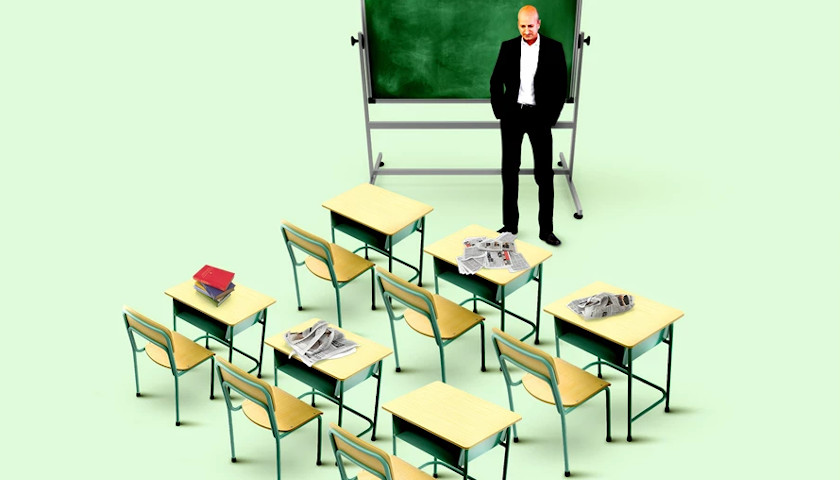
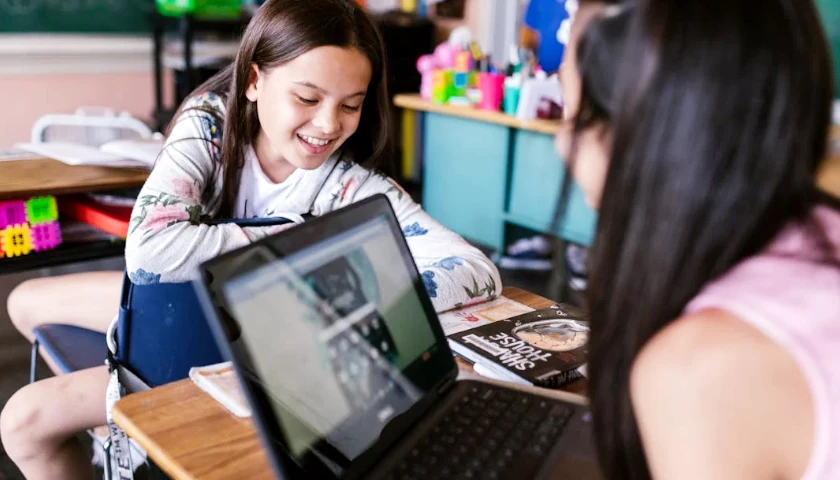
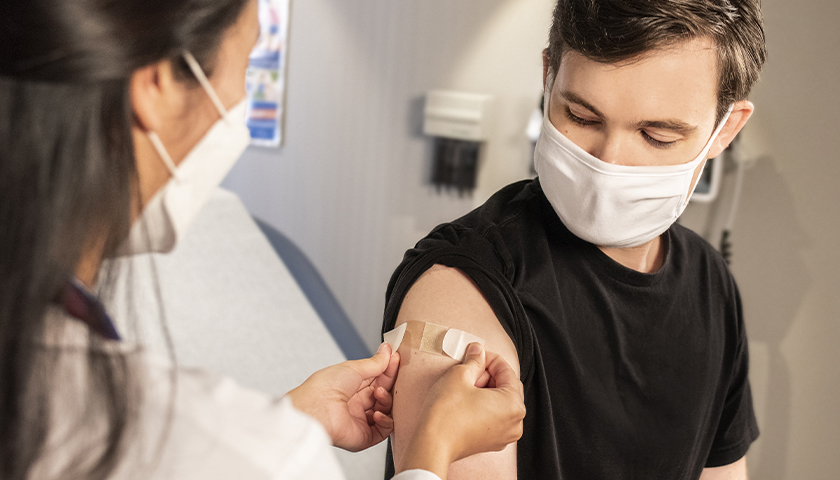
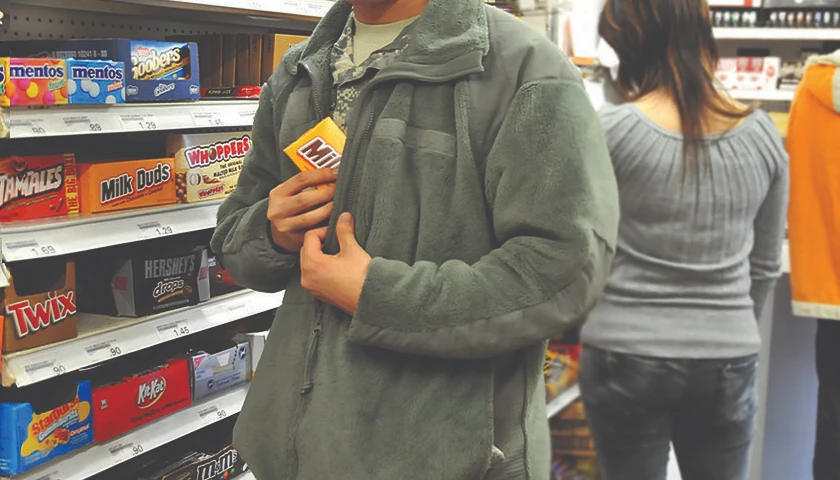
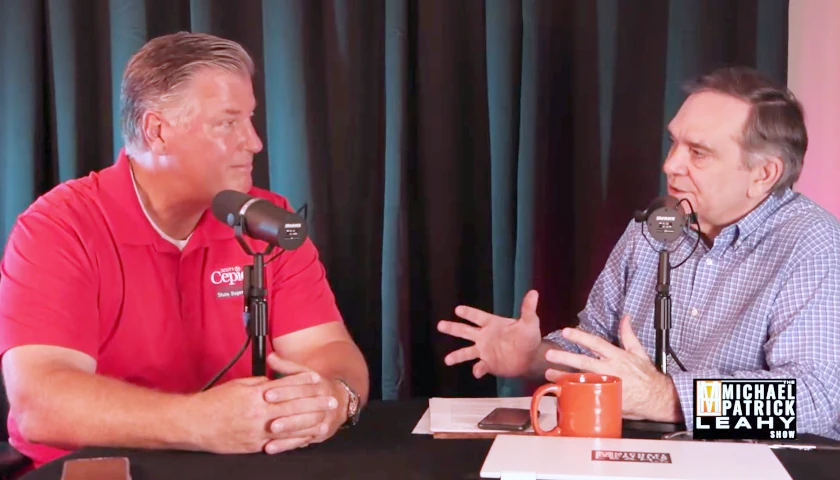
I’ve been on both sides of this issue…public schools and homeschooling. Though there are many failing public schools across our nation, there are also many public schools that thrive with great test scores and a high graduation rate. The thing no one ever talks about is how many home schools that fall short. If you look at ACT scores from Tennessee alone, you will find that homeschoolers consistently under perform in mathematics and sciences. Mainly because once the child reaches the high school level, the parent(s) isn’t qualified to teach (for example) quadratics because they either don’t know how or have forgotten. At that point they send their kids off to some co-op where they may or may not get the help they need.
Home schools have their place but not in a county or city where the public schools perform at or above national averages. This is not an either or solution, this is about having a choice.
Ralph has already made some good points about inclusion kids in the classroom. Basically, he’s correct in his analysis. If I had to add, scrap No Child Left Behind. It’s caused more harm than good in public schools.
FYI – Spring Branch is a sister community to Houston.
If the liberals covid-19 election tool creates more home schools to stop the socialist indoctrination of young minds in this country, we may have just found the greatest man made invention since sliced bread.
How the unions strike back with classic fascism: co-opting local health officials to fine private school teachers up to $5000 and 1 year in prison:
https _www.aier.org_article_deceit-and-demagoguery-in-montgomery-county-maryland_
By way of contrast, a year’s tuition at Thales Academy is on the order of $5300 – they achieve this by enrolling only those students that are average or above average in intelligence, and they concern themselves with a teacher’s ability to teach, not some artificial “certification.” Not everyone can home school.
Since that amount is approximately half the cost of public school nationwide, providing those parents with vouchers would then free up almost $5000 for the public schools to focus on the “special needs” children who, in the name of “inclusion” are currently frustrated by their inability to compete with the chidren who aren’t in need. Simultaneous with that, the children of average to above average intelligence are not being given the opportunity to learn at their level.